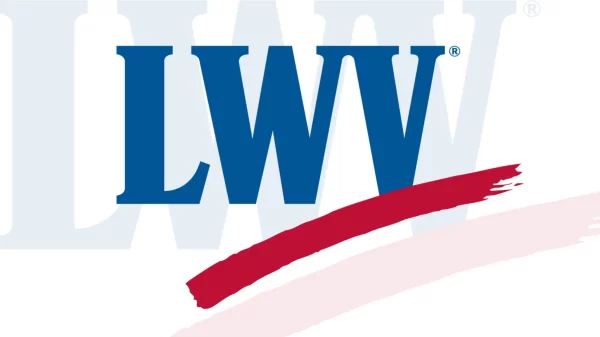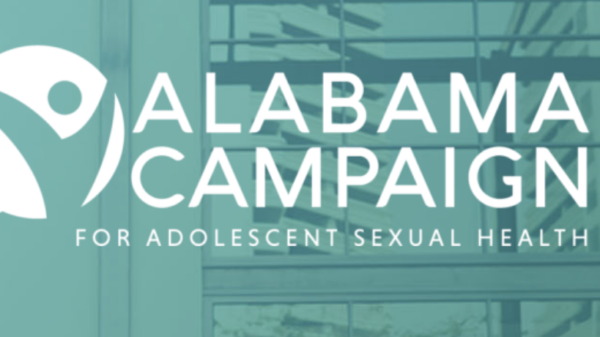By Brandon Moseley
Alabama Political Reporter
The Institute for Patient Access released a new Health Plan Coverage Report Card claiming that Alabama insurers deny patients coverage for advanced cholesterol-lowering drugs known as PCSK9 inhibitors 53 percent of the time. The report card reveals that health plans reject more than one out of every two claims submitted for coverage of prescribed PCSK9 inhibitors. The data, collected from August 2015 to July 2016 by a national data supplier, reflects PCSK9 inhibitor claims for Alabama managed care organizations, including commercial plans, Medicare and managed Medicaid.
The plans with the Highest rates of rejection include: the Federal Employee Benefit Plan (87 percent), Blue Cross Blue Shield of Alabama 60 percent, Express Scripts (59 percent), and Cigna Healthcare (59 percent). The plans with the lowest rates of rejection include: CVS Health (51 percent), Tricare Military Health SVC SYS (47 percent), United Health Group (46 percent), and Humana Health Plan (28 percent). Humana had the lowest rejection rate, though they still rejected almost a third of claims.
Alliance for Patient Access Executive Director Brian Kennedy said, “This is a very troubling and frankly dangerous finding. The patients prescribed this medicine have extremely high LDL cholesterol, and statins alone are not sufficient to reduce their risk of heart attack. With these new cholesterol-lowering drugs, patients’ risk of heart attack decreases, yet insurance companies are too often refusing to cover the medicine.”
PCSK9 inhibitors work by extending the lifespan of a receptor on the liver that clears “bad” cholesterol. Clinical trials data show that PCSK9 inhibitors can lower LDL cholesterol more than statins alone and can also reduce the associated risks of heart attack and stroke.
A Blue Cross Blue Shield of Alabama source said that they were unaware of the group who performed the study and were unaware of this issue; but said that different insurers have different types of drugs on their formularies.
The Institute for Patient Access (IfPA) describes itself as a physician-led policy research organization dedicated to maintaining the primacy of the physician-patient relationship in the provision of quality healthcare. In furtherance of its mission, IfPA produces educational materials and programming designed to promote informed discussion about patient access to approved therapies and appropriate clinical care. Established in 2012 by the leadership of the Alliance for Patient Access, IfPA is a 501(c)(3) public charity non-profit organization.























































